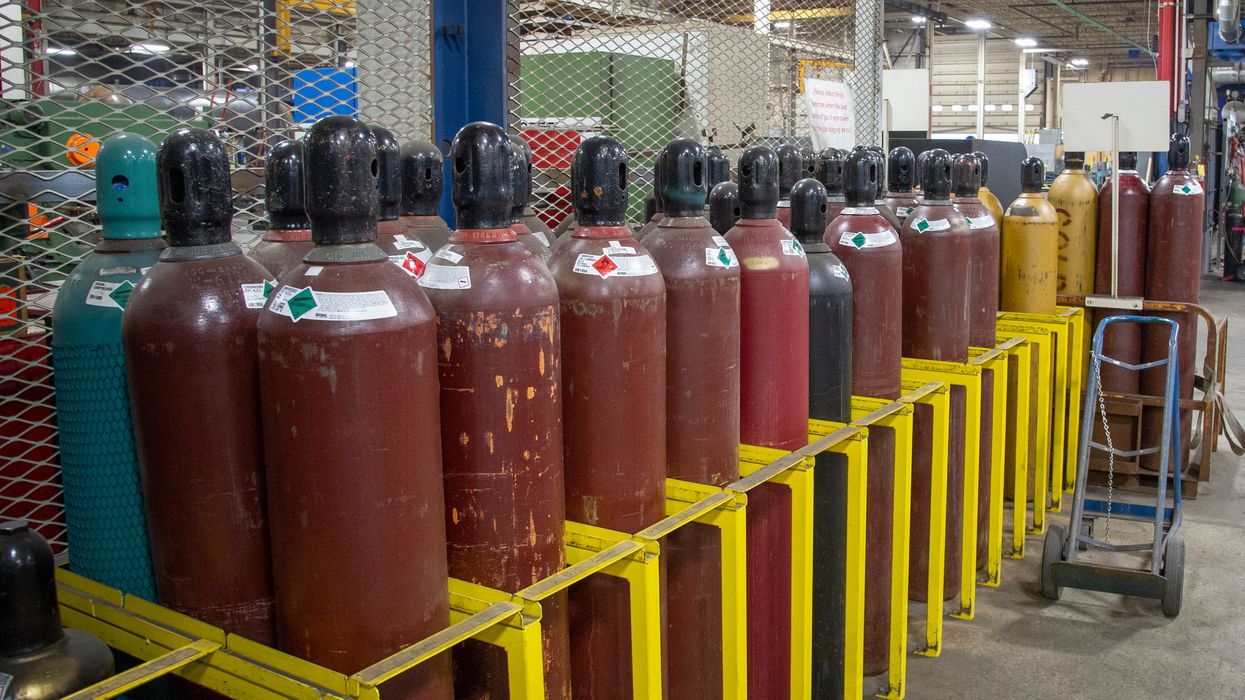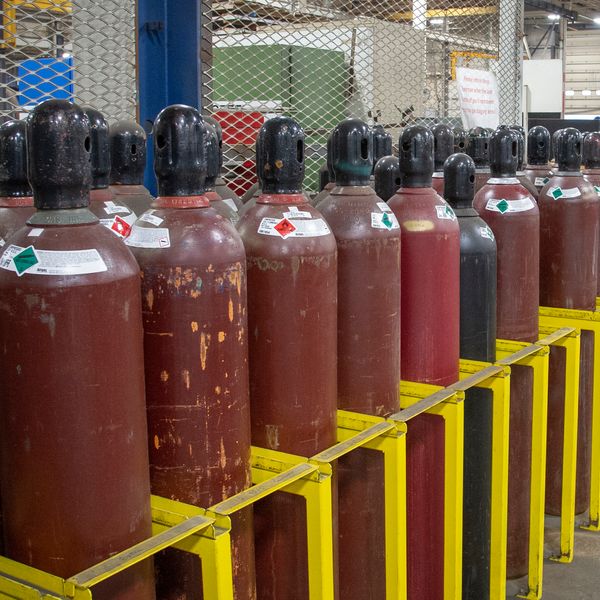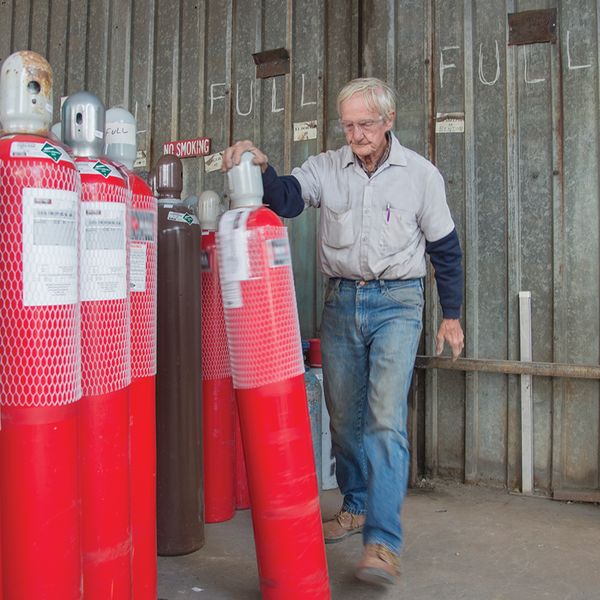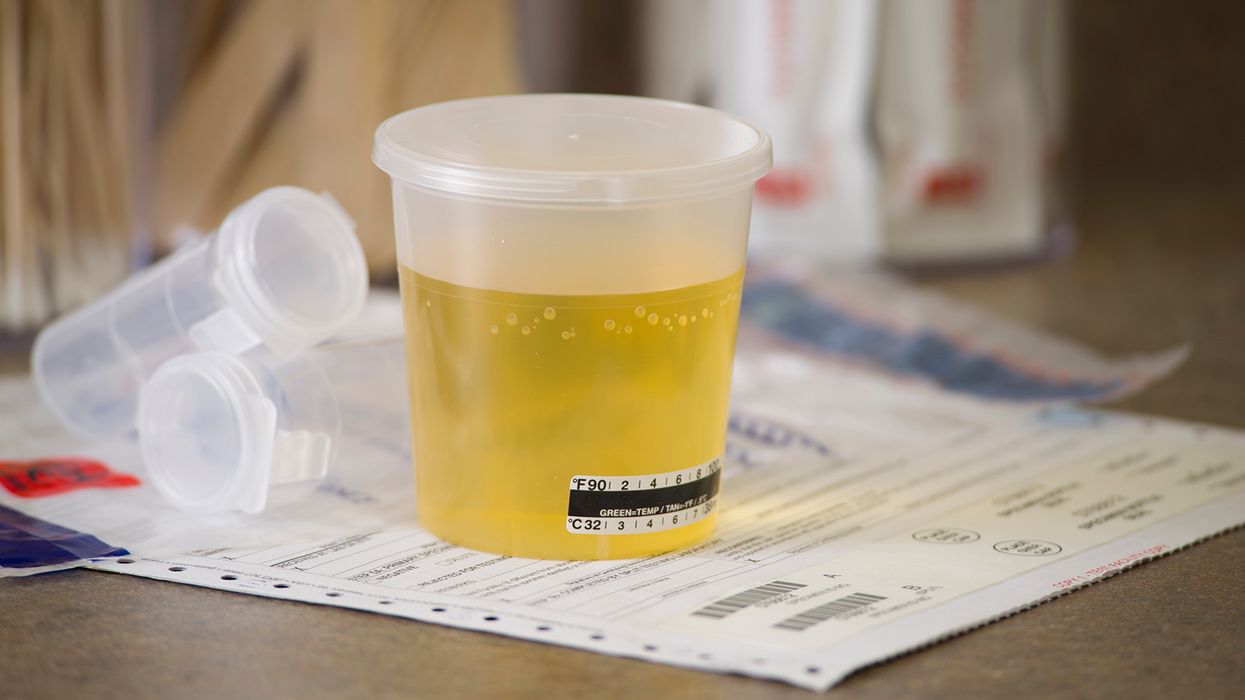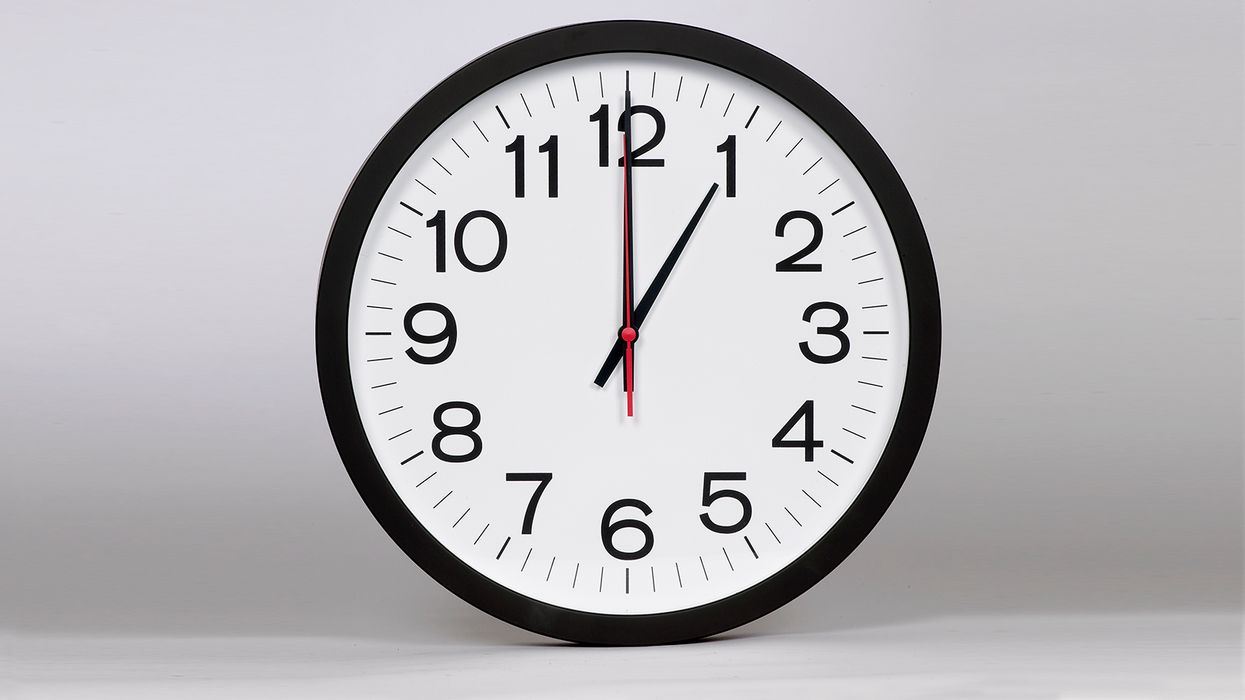PHMSA revises cylinder requalification periods
The Pipeline and Hazardous Materials Safety Administration (PHMSA) has revised the requalification period for certain DOT 4-series specification cylinders in non-corrosive gas service. HM-219B was adopted on October 30, 2020, and has a November 30, 2020, effective date.
New requalification period
Previously, a DOT Specification 4B, 4BA, 4BW, or 4E cylinder protected externally by a suitable corrosion resistant coating and used exclusively for non-corrosive gas had to be requalified by volumetric expansion testing or proof pressure testing, required every 10 years.
Now these cylinders may be requalified by volumetric expansion testing every 12 years instead of every 10 years. As an alternative, the cylinder may be subjected to a proof pressure test at least two times the marked service pressure, but this latter type of test must be repeated every 10 years after expiration of the initial 12-year period.
Why the change?
PHMSA’s rulemaking is the result of a petition submitted by the National Propane Gas Association (NPGA).
NPGA advised PHMSA that a previous rulemaking, HM-233F, created confusion and unnecessary costs. The association believed the regulatory change to the requalification period created confusion in the propane industry because it was unclear whether those cylinders manufactured or requalified by the volumetric expansion test within the last 10 to 12 years had to be immediately requalified, since prior to HM-233F they would not have required requalification until the 12-year date. NPGA also stated that the requirement to test cylinders following manufacture or volumetric expansion testing more frequently (i.e., every 10 years instead of every 12 years) would increase qualification and training costs. According to NPGA, current industry practice is to mark newly manufactured cylinders, eligible for requalification, with a 12-year requalification mark.
Even though this marking is not required, the industry would have to train employees to ignore those markings. Additional training would be required on the revised requalification periods for both volumetric expansion and proof pressure testing.
Cost savings
The HM-219B final rule provides significant cost savings to the cylinder marketing and manufacturing industry. According to PHMSA’s analysis, the changes will result in total net cost savings of approximately $142.4 million over a 10-year period.

